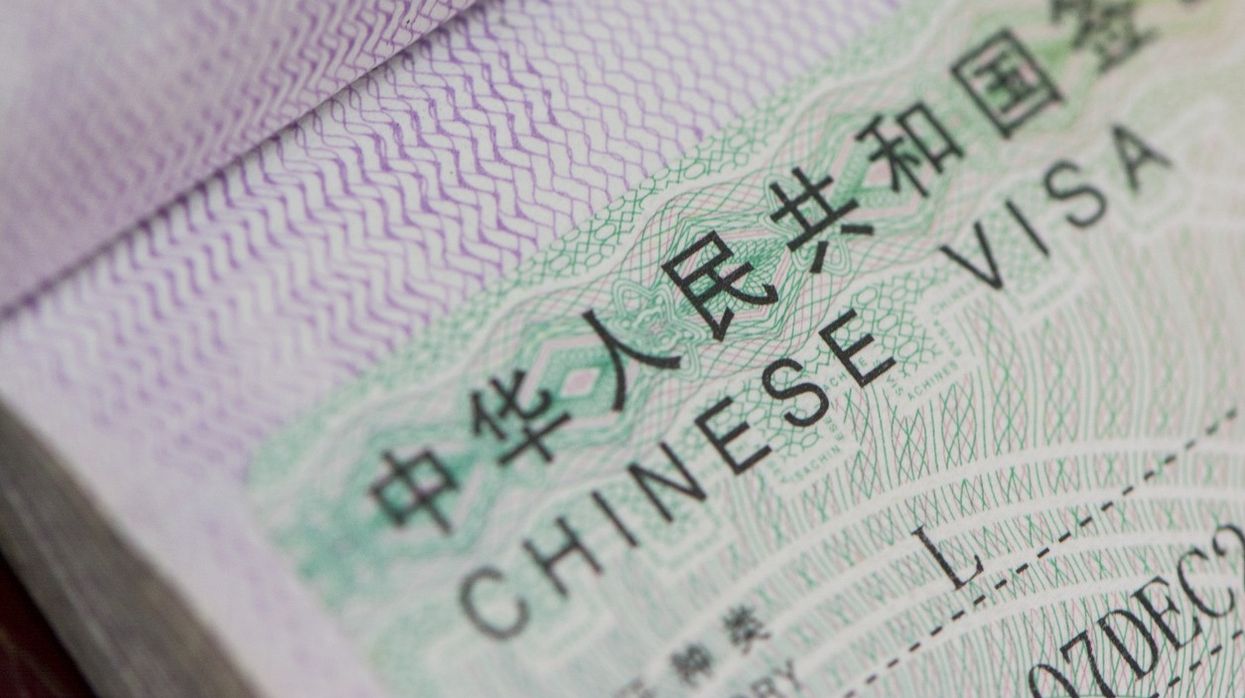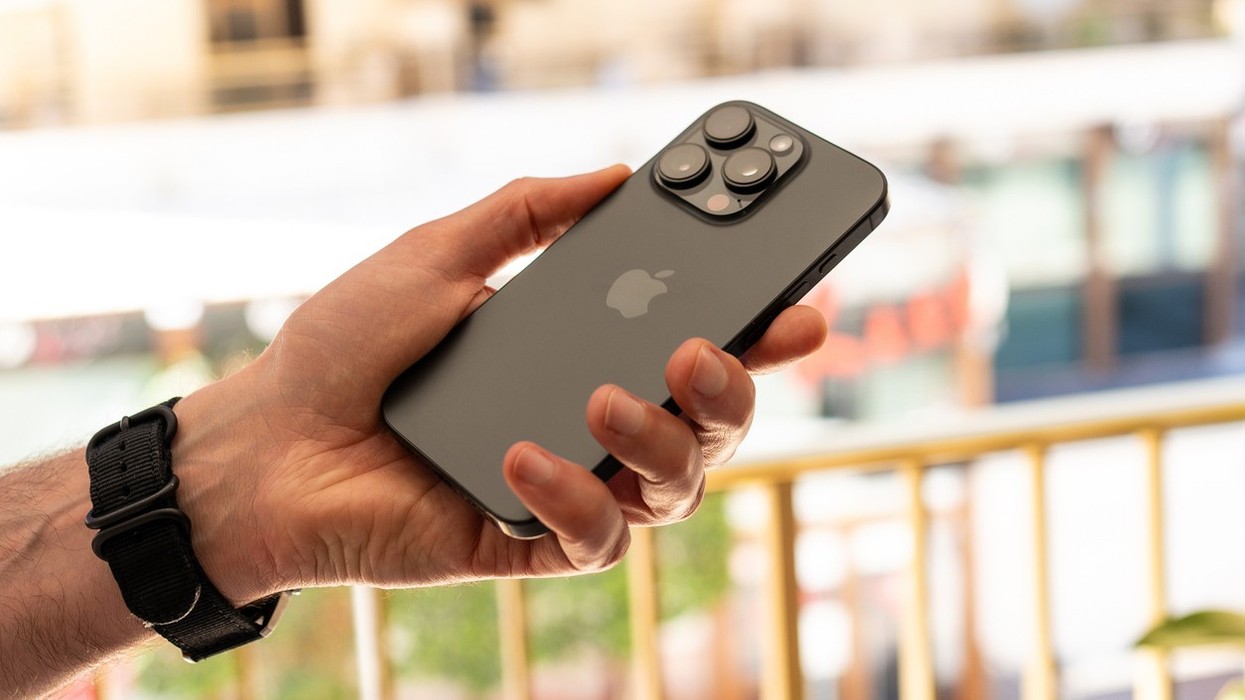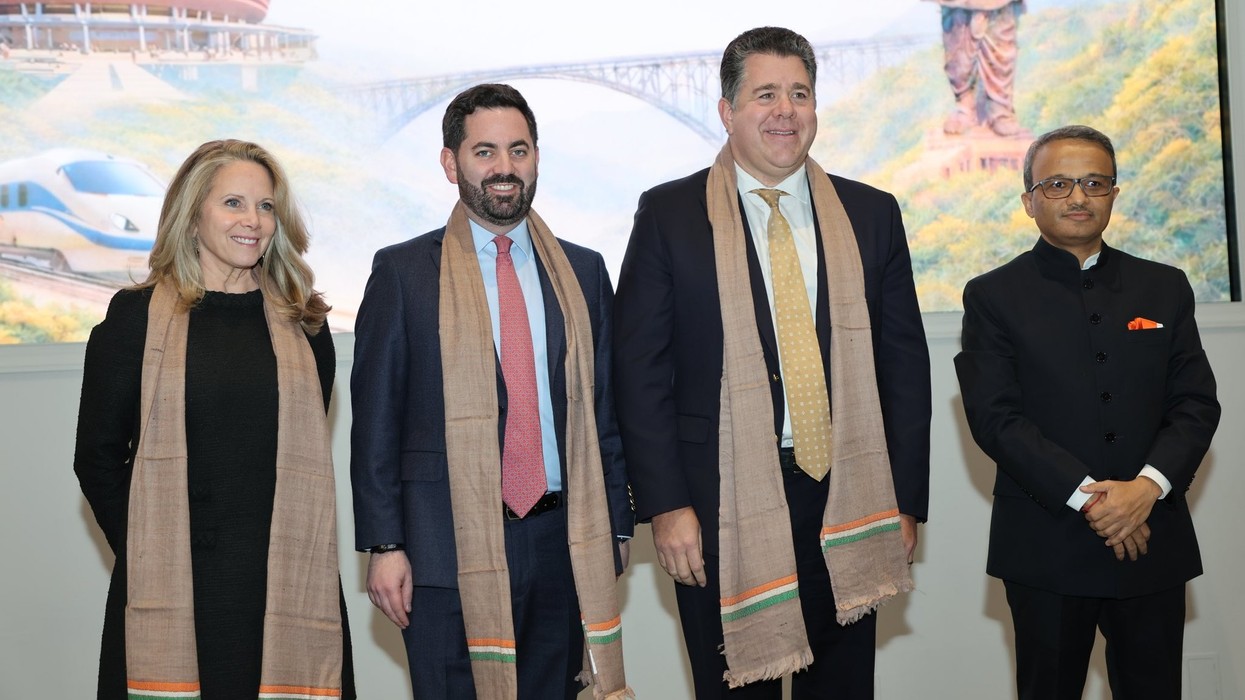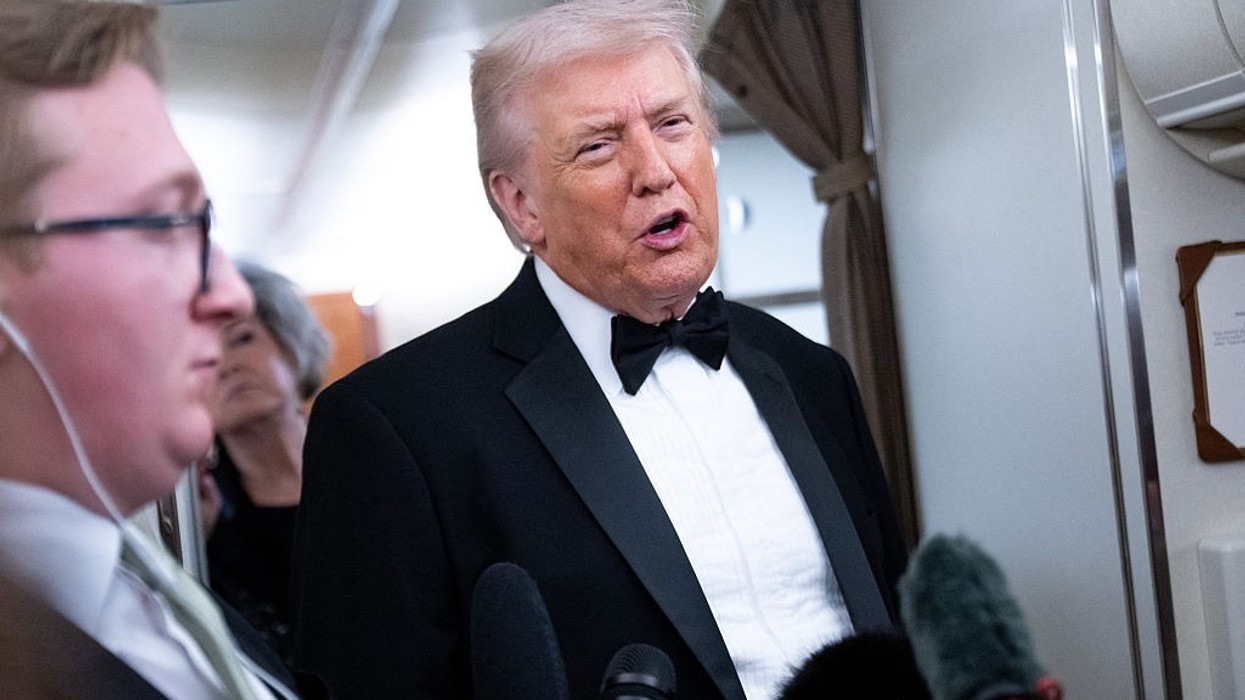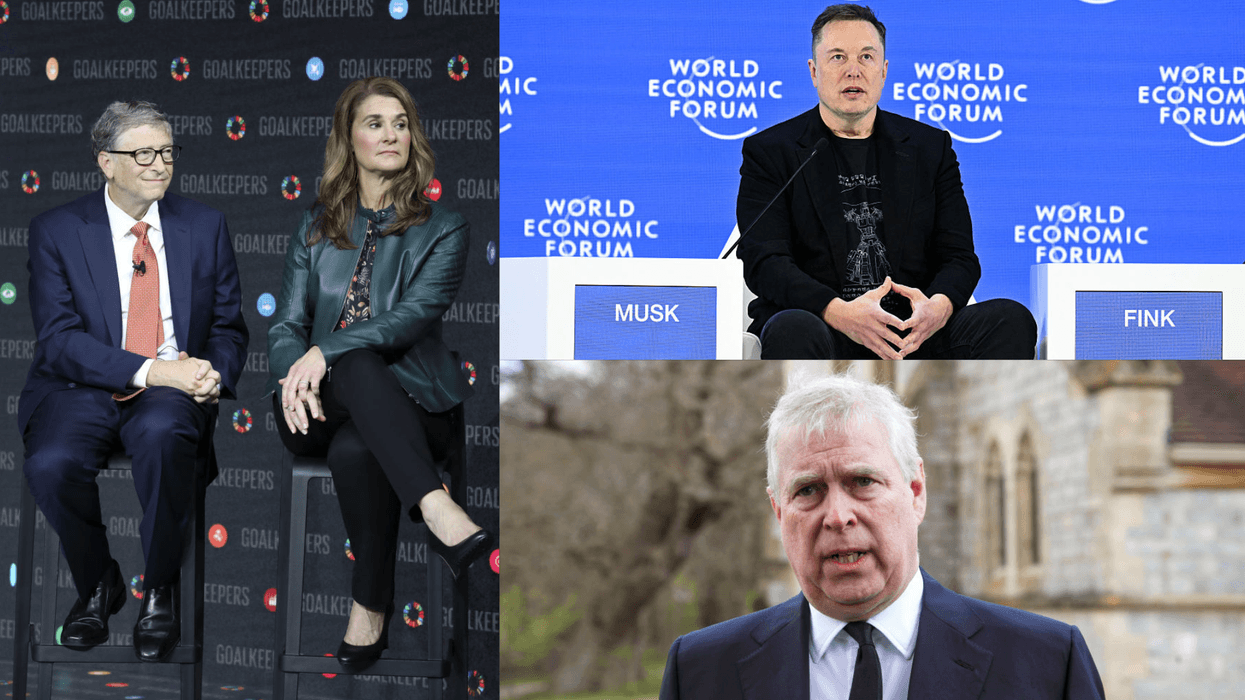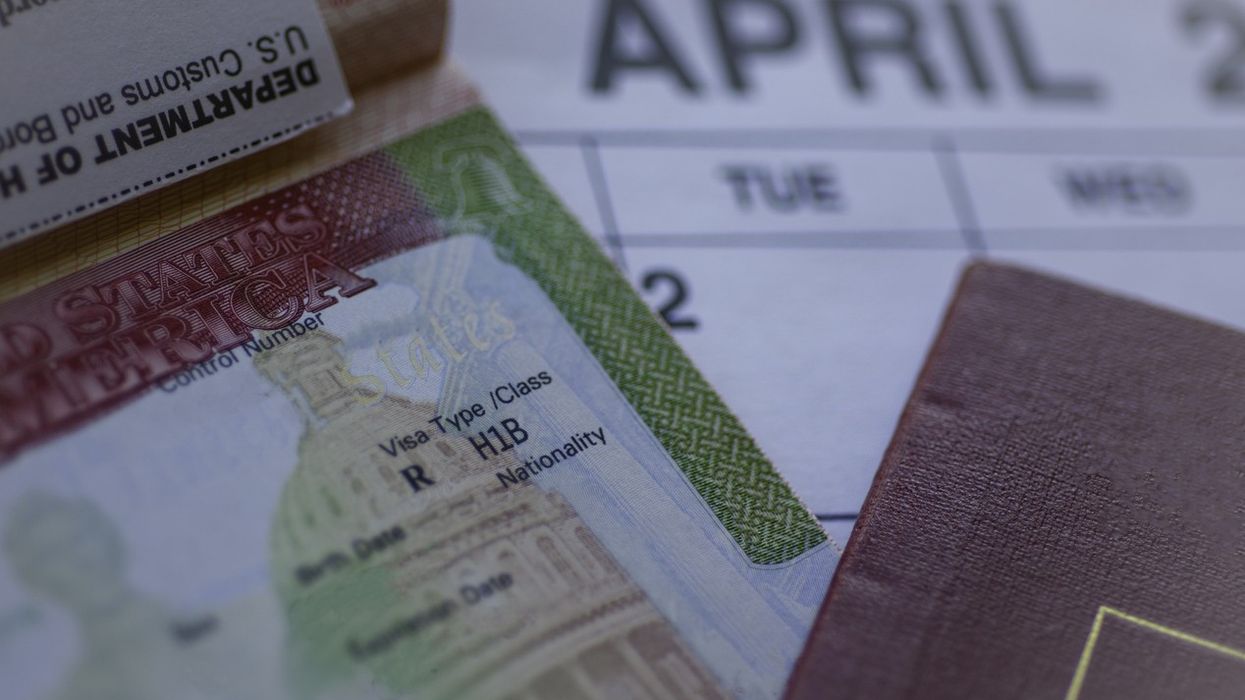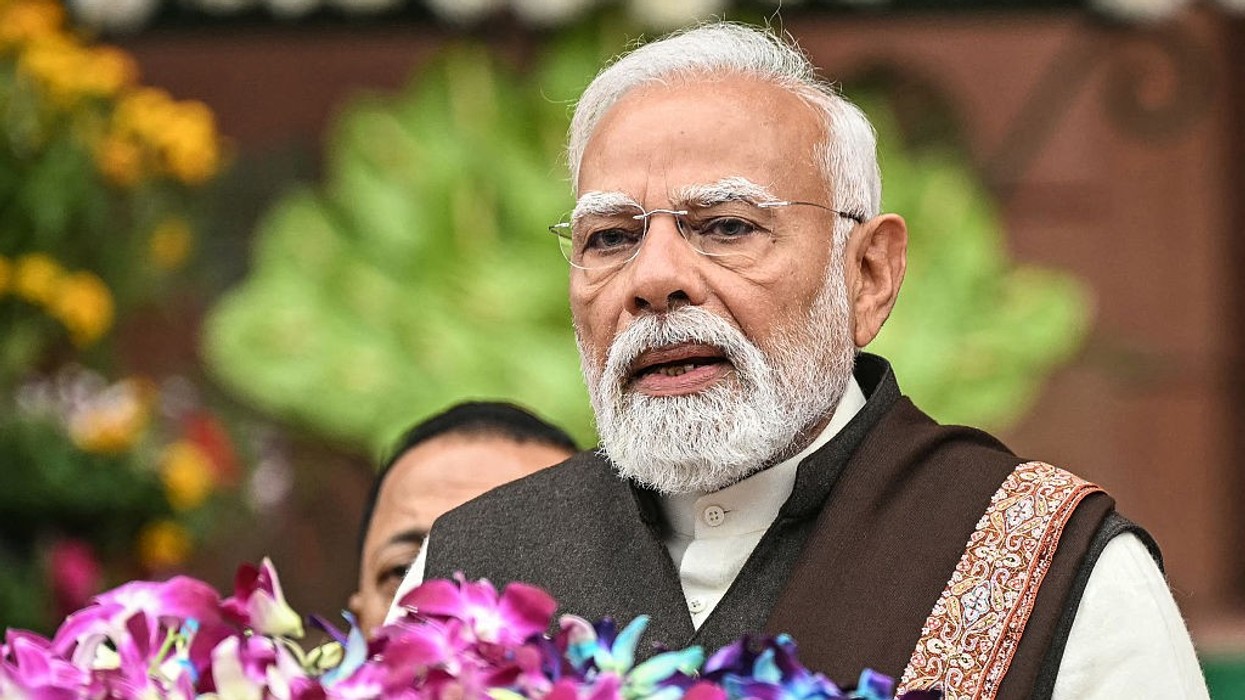The Trump government is imposing restrictions on immigrants who are seeking better career opportunities, whether students or even professionals. While the world countries are questioning the US for such stringent rules, China, the arch rival of US has introduced 'K visa' inviting applications for the global talent.
While Trump has implemented a $100k visa fee, China's Premier Li Keqiang has signed a decree to amend the decision for foreigners, essentially to lure young science and technology talent.
Is China taking over the student market?
China has signed a law to add the K visa to the country's list of 12 regular visa types. The new rules will take effect from October 1, 2025.
The K visa will be easier to get compared to other Chinese visas. It will allow more entries, longer stays, and a simpler process. The applicants will need to meet basic education and work requirements, at least a bachelor's degree and may also be asked to show proof of research work or professional experience in science and technology.
Once in China, K visa holders can take part ion education programs, cultural exchanges, tech research, entrepreneurship, and business projects. They can also bring their spouse and children, although it is unclear if this visa leads to permanent residency.
The officials from China say the country wants to welcome bright minds from around the world and give them opportunities to grow. This step is a part of a bigger plan to attract the global crowd and strengthen international cooperation in science and technology.
China has already made visa rules easier in recent years. But by July 2025, it had visa-free of visa-extempt agreements with 75 countries. In just the first half of 2025, 38 million international trips were made to or from China, an actual jump of 30 per cent compared to last year.
Is US losing the workforce under this rule?
Meanwhile, president Donald Trump's new rules have made getting an H-1B visa extremely expensive. Anyone applying after Sunday (21), including the 2026 lottery, must pay a $100k fee. Trump says this is to protect Americans with jobs while the foreigners there are taking over, but it has created panic amongst the foreign students and skilled workers.
The US has alos introduced a 'Trump Gold Card,' which offers US residency for $1 million to wealthy investors.
India is the biggest user of H-1B visas, making up 71 per cent of all approvals last year. China was second at 11,7 per cent. With the high costs, may young professiobnals may now look at China's K visa as a better option.
